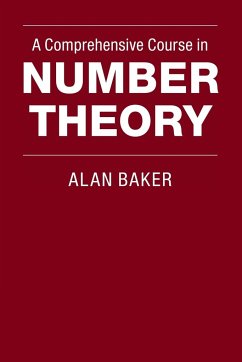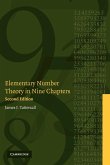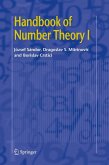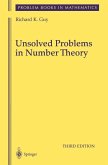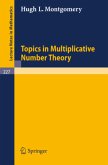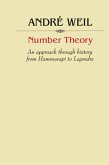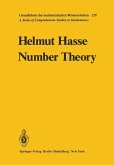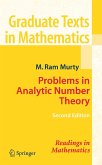Developed from the author's popular text, A Concise Introduction to the Theory of Numbers, this book provides a comprehensive initiation to all the major branches of number theory. Beginning with the rudiments of the subject, the author proceeds to more advanced topics, including elements of cryptography and primality testing, an account of number fields in the classical vein including properties of their units, ideals and ideal classes, aspects of analytic number theory including studies of the Riemann zeta-function, the prime-number theorem and primes in arithmetical progressions, a description of the Hardy-Littlewood and sieve methods from respectively additive and multiplicative number theory and an exposition of the arithmetic of elliptic curves. The book includes many worked examples, exercises and further reading. Its wider coverage and versatility make this book suitable for courses extending from the elementary to beginning graduate studies.
Bitte wählen Sie Ihr Anliegen aus.
Rechnungen
Retourenschein anfordern
Bestellstatus
Storno

